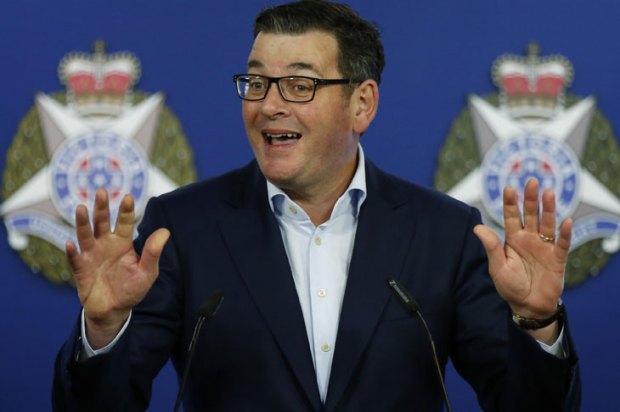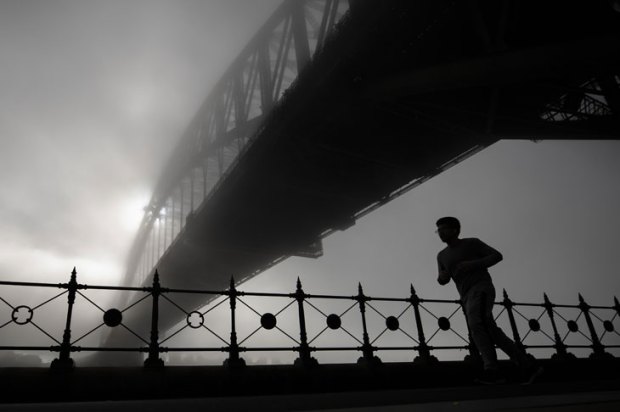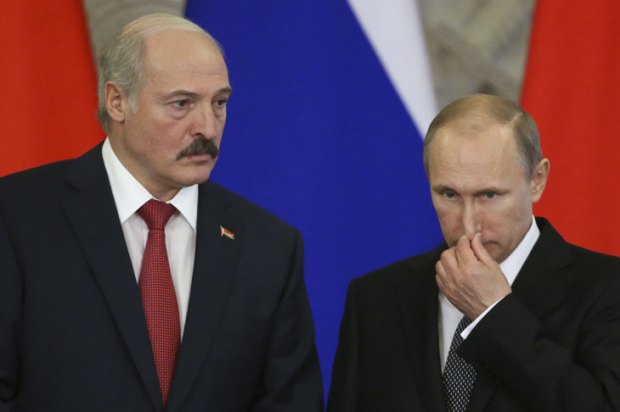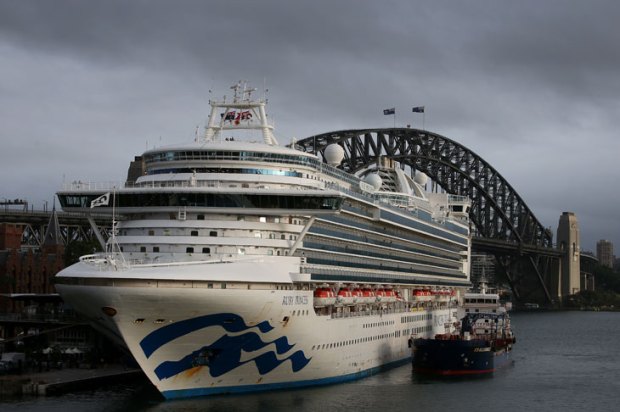Forget Thredbo, Charlotte Pass and Falls Creek; Australia’s best skiing conditions are to be found in Canberra! For reasons which seismologists have yet to fathom, in recent months the flat and muddy shores of Lake Burley Griffin have jacked up into a series of slopes whose slipperiness would challenge a mountain goat. Take the treacherous inclines of same sex marriage. The Left’s argument against a plebiscite was that it would trigger an avalanche of intolerance and abuse which would cause widespread offence and injury – and possibly even fatalities – amongst the country’s LGBTI community. Meanwhile a long-standing concern of many conservatives is that sanctioning the marriage of men with men and women with women will snowball inexorably into the legalising of polygamous, incestuous and perhaps even inter-species unions. One subject, many slopes, all slippery.
And if you make it down Mount Marriage in one piece you’ll find Immigrant Hill every bit as treacherous and vertiginous. Not stopping the boats, says the Right, would result in an increase in terrorist attacks on Australian soil in the short term, and the imposition of Sharia law in the slightly longer term. The greenie Left counters this by insisting that leaving our border protection and asylum seeker policies as they are will encourage xenophobia, human rights abuse and red-necked isolationism – and will give Australia pariah status in the international community. Give people an inch, is the cry on both sides of the political divide, and they won’t stop at a mile. No democratic institution can withstand the irresistible gravity of human fallibility.
But as I have discovered since being asked by the people at Recognise to write their advertising, the slipperiest slope in Canberra is not a recent phenomenon. The case for indigenous recognition is as old as Uluru, and the arguments against it have been dusted down and trotted out on a regular basis since Mabo. Recognition’s opponents have to keep doing this because they know that if Australians are ever asked the question ‘Did you know that your Constitution contains racist clauses and denies the existence of an indigenous population prior to white settlement?’ there’s a chance that many would say, ‘No, mate.’ And that if they were then asked ‘Would you like to change that?’ they might say ‘Bloody oath.’
To prevent such dangerously humanitarian sentiments taking root in the thin loam of the national psyche, conservatives of a tub-thumping disposition have always sought to depict Constitutional Recognition not as the correction of an embarrassing factual error and the acknowledgement of huge injustice (both of which it most certainly would be), but rather as the thin end of a very long, very large and, frankly, very silly wedge. The gist of which, to summarise what Keith Windschuttle takes seven rambling pages to say in the latest issue of Quadrant, is that the changing of a few words on a piece of paper will bring about the end of civilisation as we know it. Go and have a lie down, Keith.
Downhill determinism is not unique to Australian pundits and pollies, or course. Equally alarmist and ludicrous extrapolations and predictions were made about the consequences of Brexit and also about a possible Trump presidency. Many of the Brexit fears have already proved groundless, but did anyone really believe The Donald when he said he had a plan to beat Isis? Or when he said that Mexico would pay for his wall? Or when he said he’d put crooked Hillary in jail? One of the more depressing aspects of the US election is that it showed how dishonesty – once grounds for the impeachment of a US president – is now no bar to being elected to that office.
An interesting footnote to the US election, in fact, is the understandable confusion which has arisen over the respective meanings of the near homophonic terms trompe l’oeil and Trump Lie. As I have explained to my children, a trompe l’oeil is a representation which seems real from a certain distance and a certain angle but on closer inspection proves to be false, whereas a Trump Lie is a representation which viewed from any angle or distance is never convincing.
The post Simon Collins appeared first on The Spectator.
Got something to add? Join the discussion and comment below.
You might disagree with half of it, but you’ll enjoy reading all of it. Try your first month for free, then just $2 a week for the remainder of your first year.














